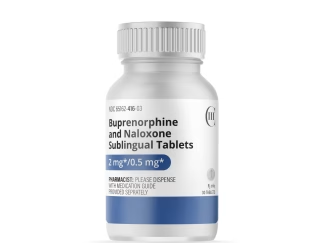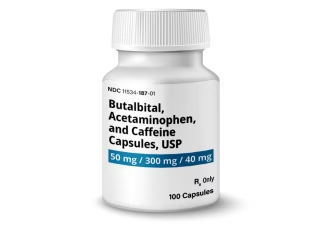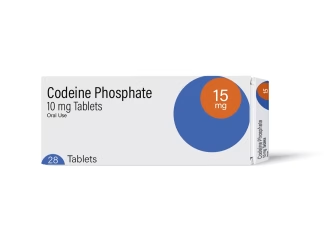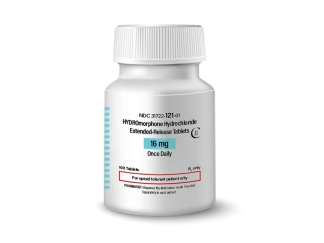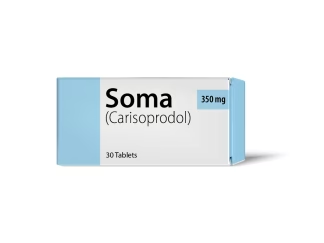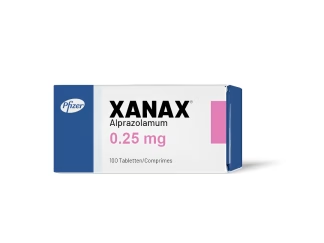
Shortness of breath, also known as dyspnea, is a common symptom that can occur for a variety of reasons, including stress. Understanding the underlying cause of shortness of breath is essential to receive proper treatment and support. In this blog post, we will explore how to differentiate whether shortness of breath is related to anxiety and provide tips on managing anxiety-induced shortness of breath.
Understanding Shortness of Breath
Shortness of breath is the sensation of being unable to get enough air into the lungs, leading to a feeling of breathlessness. It can be an unpleasant and terrifying experience that significantly lowers one’s quality of life. Shortness of breath can have physical and psychological causes, and it is essential to determine the underlying cause to receive appropriate treatment.
Common Causes of Shortness of Breath
Shortness of breath can be caused by a wide range of factors, including:
- Physical Reasons: These may include heart or lung conditions such as asthma, chronic obstructive pulmonary disease (COPD), pneumonia, or heart failure.
- Environmental Factors: Exposure to smoke, allergens, or pollutants can trigger shortness of breath.
- Anxiety or Panic Attacks: Nervousness and panic attacks can lead to hyperventilation, which can cause a feeling of breathlessness.
- Obesity: Excess weight can exert pressure on the respiratory system, leading to shortness of breath.
- Anemia: A low red blood cell count can result in reduced oxygen levels in the body, leading to dyspnea.
Differentiating Anxiety-Induced Shortness of Breath
Shortness of breath caused by anxiety can feel different from that caused by physical factors.
Here are some common signs that may indicate anxiety-induced shortness of breath:
- Rapid Onset: Anxiety-induced shortness of breath may come on suddenly without any evident triggers.
- Chest Tightness: Shortness of breath from distress may be accompanied by tightness or discomfort in the chest.
- Hyperventilation: Anxiety-induced dyspnea often involves rapid breathing or hyperventilation, which can exacerbate the feeling of breathlessness.
- Connection to Stressful Situations: Shortness of breath triggered by stress may be more likely to occur in response to stressful or anxiety-provoking situations.
- Improvement with Relaxation Techniques: Anxiety-induced shortness of breath may improve with relaxation techniques such as deep breathing, meditation, or mindfulness.
Managing Anxiety-Induced Shortness of Breath
If you suspect that your shortness of breath is related to anxiety, there are several strategies you can use to help manage and reduce your symptoms:
- Deep Breathing: Practice deep breathing exercises to help regulate your breathing and reduce feelings of breathlessness.
- Mindfulness and Meditation: Engage in mindfulness practices to help calm your mind and reduce tension.
- Physical Activity: Regular exercise can help improve your overall physical health and reduce stress.
- Seek Support: Talk to a mental health professional or therapist to help address underlying tension issues and develop coping strategies.
- Medication: Medication may be recommended in some situations to aid in the treatment symptoms associated with distress.
How To Manage Anxiety With Xanax
Prescription drugs like Xanax are frequently used to treat anxiety and panic attacks. It is a member of the benzodiazepine medication class, which acts by amplifying the effects of GABA, a neurotransmitter in the brain.
This contributes to a relaxing impact on the body and mind, lowering stress levels and encouraging rest. There are several strengths and formulations of Xanax; it is important to take it just as prescribed by a healthcare provider.
Making sure you are buying Xanax from a reliable source is crucial if you want to buy it online. A reliable online pharmacy that provides a quick and safe option to buy Xanax is communitymedstore.com.
They make it simple to choose the ideal Xanax product for your needs by offering a variety of internet purchasing possibilities. Your order will be delivered safely and securely, and you can feel secure knowing that it will be packaged discreetly and shipped with reliability.
When to Seek Medical Help
It is essential to seek medical help if you are experiencing persistent or worsening shortness of breath, regardless of the cause. Your healthcare provider can help determine the underlying cause of your symptoms and provide appropriate treatment.
In conclusion, shortness of breath can be a distressing symptom that may be caused by a variety of factors, including anxiety. By understanding the signs of anxiety-induced shortness of breath and implementing strategies to manage nervousness, you can take steps toward improving your overall well-being. If you are unsure about the cause of your symptoms, do not hesitate to seek guidance from a healthcare professional.








